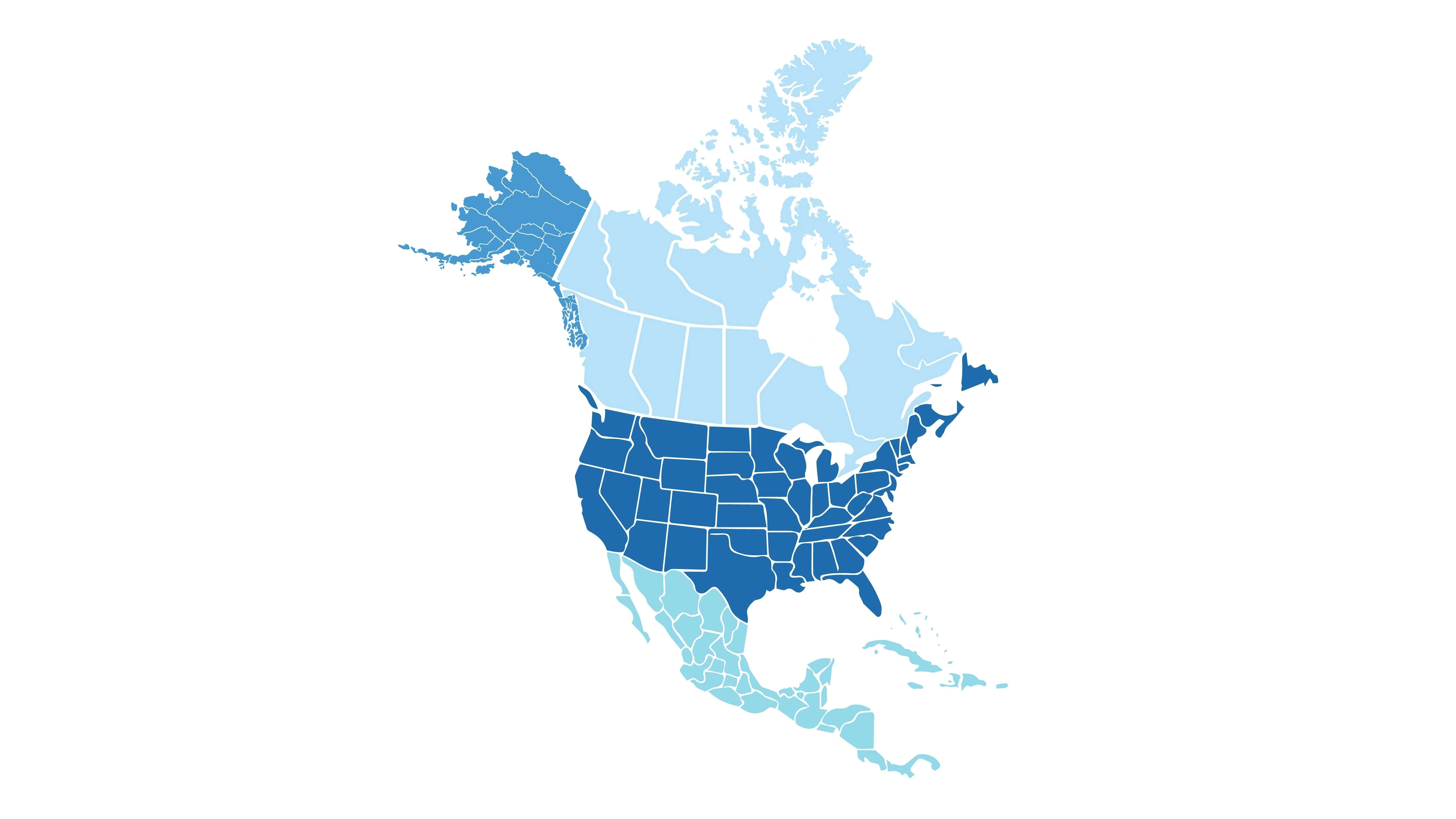Flying on Peak Days can be like flying with an entirely different program, so with the average number of Peak Days having more than doubled, here’s what you need to know.
It’s also important to remember beyond hourly rates; there are other vital factors like Peak Days to consider when choosing a provider, discussed in more detail here.
Peak Days Increase
Back to Peak Days. Many subscribers who are longtime private aviation users tell me they had never booked on a Peak Day until the past year or so.
There’s a good reason.
Fixed/Capped Rate Programs with Guaranteed Availability have been increasing the number of these high-demand dates.
The average number of peak days stabilized during 2022, settling in Q4 at 55.7 peak days.
So, while Q4 2022 was only a slight increase over 53.7 peak days at the end of Q3, it is still 144% more than the pre-COVID average of 22.8 peak days in Q4 2019.
That means the number of Peak Days increased from about three weeks per year to eight weeks. In other words, it’s harder to avoid them.
It’s also important to note the number of Peak Days varies, ranging from a low of five to a high of 134 days.
Also, it’s worth noting that 66% of Private Jet Card Comparisons subscribers say they are willing to move departures to avoid Peak Days (down from 74% in 2021), although how many days they are willing to shift their flights varies.
What Happens On Peak Days?
Legendary Ohio State football coach Woody Hayes used to say when you pass the football, three things can happen, and two of them are bad.
With Peak Days, there are six key differences, and for the most part, none of them are good. So, here we go.
1. Blackouts
Some programs also have blackout dates. While Peak Days have different rules, blackouts typically mean you can’t fly at all.
2. Surcharges
On Peak Days, many programs have surcharges.
The surcharges can range from 5% to 100% in some cases.
However, not all programs have surcharges, so if you have to fly on Peak Days, ensure you understand if there is an extra charge and how it is calculated.
3. Dynamic Pricing
A big benefit of fixed/capped rate programs is you know how much you will pay when you sign up.
Several programs handle Peak Days by letting you fly, but instead of your contracted hourly rate, or even a surcharge, they price your flights dynamically.
Dynamic pricing means they must consider repositioning flights, and your quote is based on market pricing.
That means you will be paying market pricing on the highest-demand days.
Some providers have dynamic pricing on Peak Days across the board, while others limit it to larger aircraft, and others vary it by deposit level.
As I often say, the devil is in the details.
4. Booking Flights
If you are used to booking your flights a couple of days in advance, Callout, or lead time to book flights at your contracted rate, also increases.
Expect lead time to be at least 24-to-48 hours longer, and in some cases, Peak Days require booking seven to 14 days in advance.
5. Canceling Flights
In addition to the typical longer window to cancel flights (often seven days or more), some programs don’t allow you to cancel on Peak Days.
That’s right! After you book your Peak Day flights, there is a 100% penalty to cancel or change them.
Also, if any leg falls on a Peak Day, some providers consider the entire itinerary subject to the stricter cancelation terms.
6. Flexible Departures
If you have to leave at a particular time or arrive at a specific time, don’t fly on Peak Days.
That’s because providers can accelerate or delay your departure by typically +/- 3 hours, although some programs extend that to +/- 8 hours.
That means if you book your flight for a 3 pm departure, the provider can move your departure anywhere from Noon to 6 pm on a +/- 3-hour basis.
If you are leaving right after the kids get out of school or heading to a meeting, it can be an issue.
Most providers need to let you know by the prior day. Other providers aren’t clear about it, so you could find your flight moved on the day of departure.
Final Thoughts
Paid subscribers to Private Jet Card Comparisons can compare the number of Peak Days, surcharges, callouts, and cancelation terms, plus other details. Either way, make sure you read the fine print!












